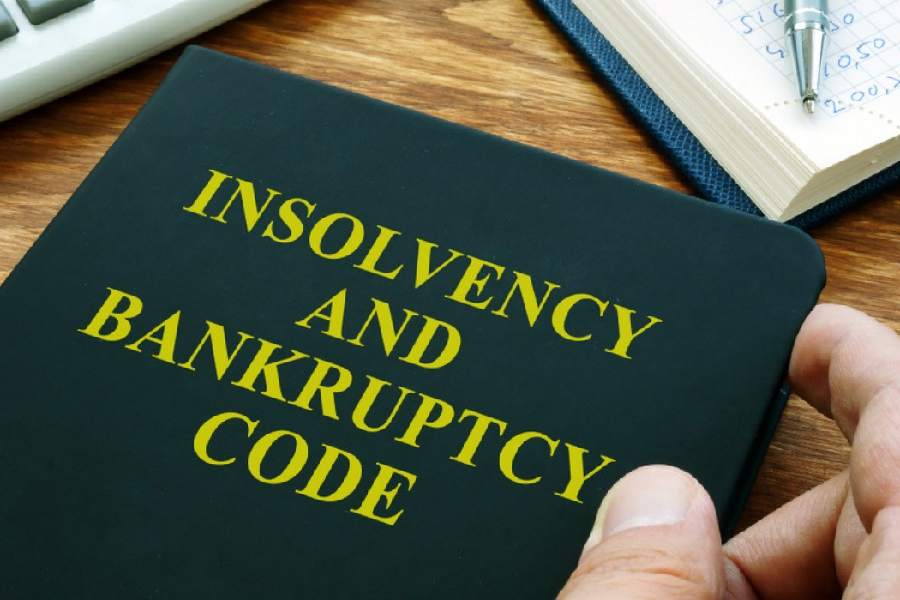The Supreme Court on Thursday upheld certain key provisions of the Insolvency and Bankruptcy Code (IBC) which were challenged on grounds of being violative of fundamental rights like the right to equality of those against whom insolvency proceedings are initiated.
The top court upheld the constitutionality of some amendments made to the IBC in 2019 pertaining to the Personal Guarantors' Insolvency Resolution.
A bench comprising Chief Justice D Y Chandrachud and justices J B Pardiwala and Manoj Misra held as valid the IBC provisions which do not grant an opportunity of hearing to personal guarantors before insolvency petitions of creditors are admitted for hearing in the event of default in repayment of dues or loans.
"The IBC cannot be held to be operating in a retroactive manner in order to hold it violative of the Constitution. Thus, we hold that the statute does not suffer from the vices of manifest arbitrariness," the CJI said.
The impugned IBC provisions do not “suffer from any manifest arbitrariness to violate Article 14 (right to equality) of the Constitution,” the bench said, adding the court cannot rewrite the legislative wordings.
With the judgement, the top court decided as many as 391 petitions challenging various provisions of the IBC. Many pleas challenged the constitutional validity of sections 95(1), 96(1), 97(5), 99(1), 99(2), 99(4), 99(5), 99(6) and 100 of the Code.
These provisions deal with the various stages of insolvency proceedings against a defaulting firm or individuals and the right of hearing of personal guarantors before the commencement of insolvency proceedings against a defaulting firm.
The detailed judgement is yet to be uploaded.
Earlier, the top court had, on different dates, issued notices on petitions challenging IBC provisions on various grounds.
All 391 petitions, including the lead one filed by Surendra B Jiwrajka, were later clubbed together for an authoritative pronouncement on legal issues.
One of the petitions filed by R Shah through advocate Anne Mathew challenged several provisions of the IBC and said,"The impugned provisions are inherently violative of the principle of natural justice and strike at the root of the right of livelihood, right to trade and profession, and also the right to equality of the petitioner under Article 21 (right to life), 19(1)(g) (Right to practice any profession), and 14 (right to equality, respectively, of the Constitution." It said none of the impugned provisions contemplated any opportunity of granting hearing to an alleged personal guarantor before appointment of the resolution professional and imposition of moratorium on the assets of the personal guarantor.
"Interestingly, Section 96(1) of the IBC imposes the rigour of moratorium upon the alleged guarantor, automatically, upon mere filing of the application under Section 95 of the Code, without any requirement of prior notice which itself is violative of the basic canons of the principles of natural justice.
"Such restrictions on the liberties of a person, including restrictions to discharge any debt, without affording any opportunity of hearing are not only ultra vires of the Constitution but also unknown in law," it said.
The scheme of Section 97(5) of the Code does not contemplate any alternative to appointment of a Resolution Professional, it said.
Except for the headline, this story has not been edited by The Telegraph Online staff and has been published from a syndicated feed.










